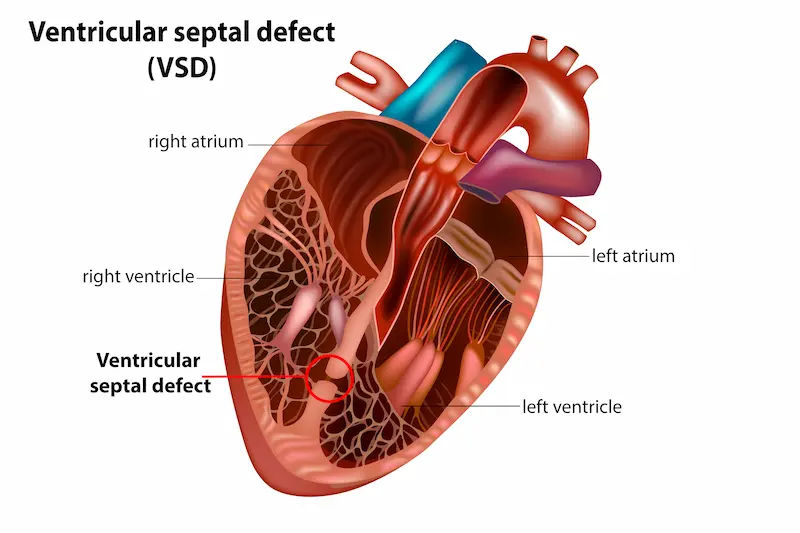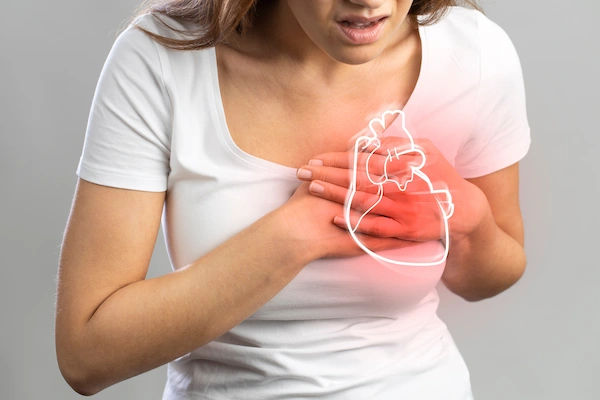- female
- 30 Years
- 22/01/2025
I'm really worried about my cousin. She's been having really bad chest pain on her left side since Thursday night. It hurts a lot when she touches it, and she can't lay down or sleep well. She tried taking Dolowin capsules, but it didn't help at all. What should we do? Could it be something serious?
More Cardiology Health Queries
View allI've been dealing with headaches last week that lasted for two days, and my BP was at 240160. I got an MRIMRA done, and luckily everything was normal. Started taking Cilacar 10mg once a day, and from the next day, my BP seemed under control. But today, it suddenly spiked to 180120 this evening. I can only get in to see a doctor tomorrow. Should I consider taking half of the Cilacar 10mg now to help lower it?
As an emergency medicine you can take half tablet and visit Your doctor as soon as possible
Answered by 1 Apollo Doctors
Could a heart hole that my cousin had as a baby still be an issue now that he's 14 years old? Should we be worried about any lingering effects, or is it likely that it closed up on its own over time?
It is possible that your cousin still has a heart hole, also known as a congenital heart defect. To determine if the hole is still present, he would need to undergo medical evaluation, which may include imaging tests such as an echocardiogram. Treatment options for a heart hole may include medications such as aspirin or blood thinners, and in some cases, surgical intervention may be necessary. It is important for your cousin to follow up with a cardiologist for further assessment and management.
Answered by 1 Apollo Doctors
I'm worried because my wife has been taking Concor AM 5 and she's started experiencing some sweating and headaches. Could this be caused by the medication, or might something else be going on?
Your wife may be experiencing sweating and headache as side effects of Concor AM 5. These side effects are relatively common with this medication. I recommend consulting with her doctor to discuss these symptoms. In the meantime, she can try to stay hydrated and rest.
Answered by 1 Apollo Doctors
Disclaimer: Answers on Apollo 247 are not intended to replace your doctor advice. Always seek help of a professional doctor in case of an medical emergency or ailment.





